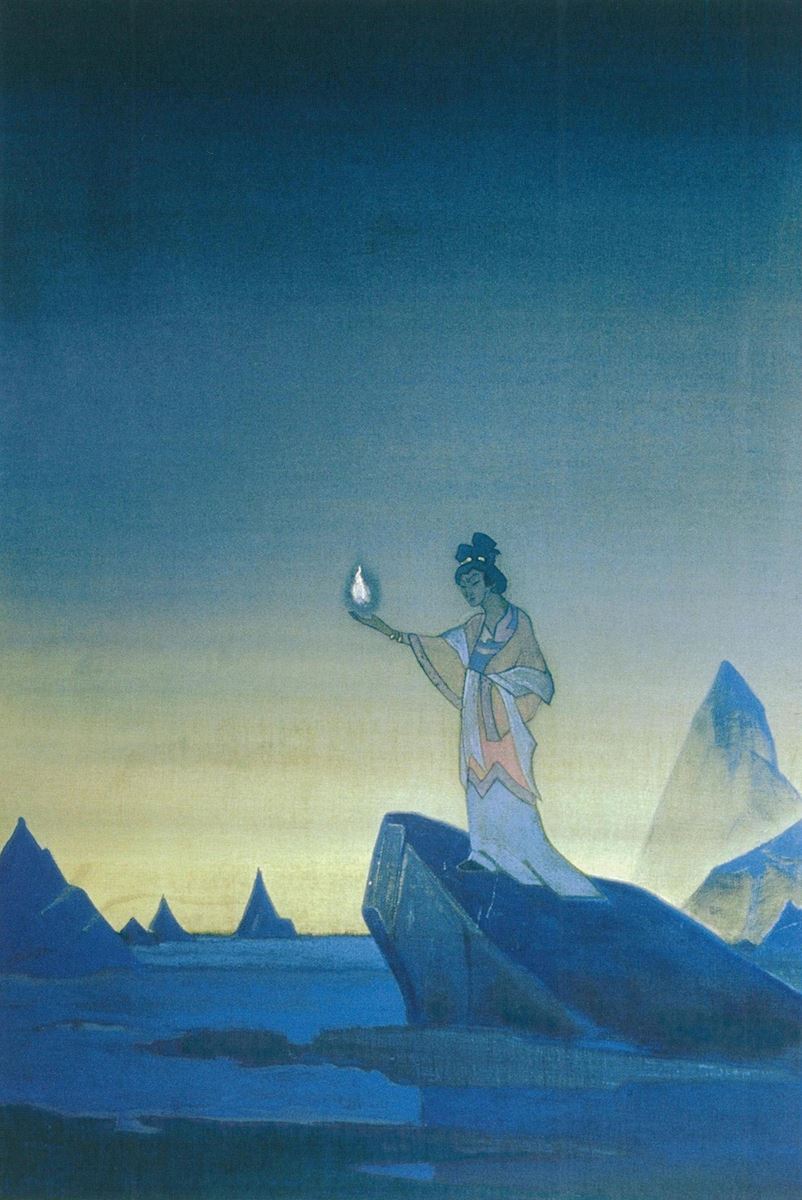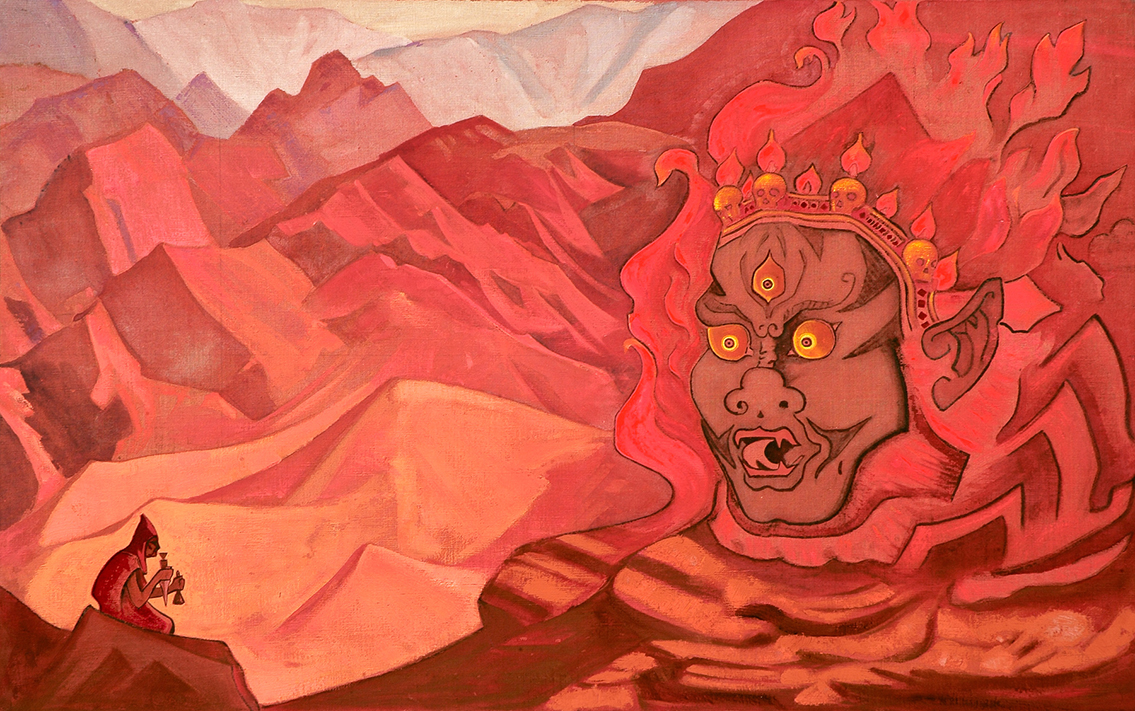Masonic Articles and Essays
The Mystery of Masonry
Bro. Joseph Barnett
Date Published:
8/24/2022
Taken from a 1919 issue of The Builders magazine, this article describes the true meaning of the word "mystery" and what it means, and should mean, to Masons everywhere.
 There is a distinction between Mystery and Secret. Anything not understood is a mystery. After it is understood it may be held a secret. Before he receives the light, Masonic knowledge is a mystery to the candidate. After he receives the knowledge it may be spoken of as a secret, something to be guarded by him. yet the mysteries of Masonry is a specific term for Masonic knowledge; and this is concerned with the fact that there are two separate and distinct words written "mystery."
There is a distinction between Mystery and Secret. Anything not understood is a mystery. After it is understood it may be held a secret. Before he receives the light, Masonic knowledge is a mystery to the candidate. After he receives the knowledge it may be spoken of as a secret, something to be guarded by him. yet the mysteries of Masonry is a specific term for Masonic knowledge; and this is concerned with the fact that there are two separate and distinct words written "mystery."
One of these words is derived from the Greek muo, meaning "I conceal." This concealment may have referred originally to something enclosed and thus hidden from eavesdroppers. A secondary meaning seems to have developed from this; for some authorities render muo, "I cover the eyes and mouth." The other word, originally "mistery," is derived from the Latin ministro, meaning "I perform a service." It is a variant of ministry, and is associated with serviceable knowledge of an art. In ages past, when few could read, knowledge was generally conveyed by word of mouth. The two words, mystery and misterm being pronounced alike, naturally became confused with one another. And so far as our Fraternity is concerned, mystery now includes both meanings something unknown, and technical knowledge of an art.
The ancient temple Mysteries included esoteric knowledge communicated only within the sacred precincts to those who had been carefully examined as to their fitness to be intrusted with such knowledge, and guarded from those excluded from the temple during the ceremonies. These latter have been called the "profane," which means "before the temple," in contradistinction to those admitted, suggesting the unconsecrated as distinguished from the consecrated. From references in the literature of that period-we learn that some of these teachings concerned the gods, and that the initiate was called a "mystes." Because the candidate or some other person or thing was veiled or concealed, the ceremonies have been called the Mysteries. And because they alluded to the gods, mystery has come to have a special application to the supernatural, to sacred things, to the higher knowledge. In church literature, for instance, the Communion is called "that holy mystery," suggesting something beyond human understanding. Freemasonry uses the word concerning the unknown, but makes no suggestion of the impossibility of understanding. On the contrary, the teaching is that both human and Divine knowledge are diligently to be sought after.
Then, as now, the honor of being invested with important secrets consisted in the fact that initiates were carefully selected as men worthy to be intrusted with such knowledge. And guarding such secrets has always had a twofold purpose the keeping them from the unworthy, and the preservation of them that they should not be lost. Whatever interest the former may have, the latter has always been the real purpose.
In medieval times, the various crafts often staged bible scenes, which they called Miracle Plays. At Chester, in 1327, a number of different crafts or gilds acted a series of these plays: The Fall of Lucifer, by the Tanners; The Creation, by the Drapers; The Last Supper, by the Bakers; and other scenes by other crafts. These dramas were staged partly to teach the ignorant and partly from natural love of the drama, which seems inherent in man from childhood to age. These plays have also been called Mysteries, possibly because they dealt with sacred subjects, possibly because they were performed by craftsmen; for at that time a trade was called a "mistere." Chaucer so used the word in the following lines:
"In youth he learned hadde a good mistere,
He was a well good wright, a carpentere."
The word was from the French mestier, since modified to metier. The trade itself was called a "mister," or "mistere," and the knowledge of the art its "misterie."
Both the knowledge of the art and the higher knowledge to which the candidate aspires are included in the Mysteries of Masonry. Freemasonry is probably the only institution which uses the word in this way; and it may be held as Significant of a peculiar connection with the past. It includes art and science, skill and knowledge, working and thinking. And in wedding labor and wisdom, as did the ancients, in teaching that man should be a complete, well-balanced being, with all his various faculties, corporeal as well as mental, constantly developing, as becomes one who claims divine relationship, it may offer evidence that Freemasonry is the legitimate heir of the hopes, ideas, and methods on teaching, that from remote tunes have been associated with human aspiration and progress.
The ancient expression is conserved and a hint of the original teaching still survives, though the art itself serves mainly to furnish us with symbols for a more noble and glorious purpose. Whether the mysteries of Masonry be considered from the viewpoint of knowledge of a useful art, or as higher knowledge guarded and preserved by the worthy and select, there is in both alike the principle of service; and this was evidently a dominant idea through all the past. To the Freemason, service is an inspiring word. It is one of our ideals, a better word than autocracy. It means that he who is highest is he who is most useful.
 Isocrates speaks of "those sacred Mysteries which fortify the initiated against the terrors of death and inspire them with pleasing hopes of a happy immortality." Thereafter they were associated in some degree with the priesthood, and in so far consecrated. Thenceforth they and their works were devoted to the gods, and it became a duty to endeavor to make themselves worthy of their high calling. This attitude dignified service. Instead of being the sign manual of interiority, serviceable work became an exceptionally honorable thing, the evidence of real worth, the justification of men's claim to consideration among their fellows. Freemasonry by precept and example teaches the importance of material usefulness as well as of wisdom. And it is interesting to note that the whole world is awaking to the importance of citizenship based on usefulness. The people of our own country are beginning to class the idle rich with the idle tramp; and in so doing they are developing the Masonic teaching that as we are "rational and intelligent beings, so should we ever be industrious ones."
Isocrates speaks of "those sacred Mysteries which fortify the initiated against the terrors of death and inspire them with pleasing hopes of a happy immortality." Thereafter they were associated in some degree with the priesthood, and in so far consecrated. Thenceforth they and their works were devoted to the gods, and it became a duty to endeavor to make themselves worthy of their high calling. This attitude dignified service. Instead of being the sign manual of interiority, serviceable work became an exceptionally honorable thing, the evidence of real worth, the justification of men's claim to consideration among their fellows. Freemasonry by precept and example teaches the importance of material usefulness as well as of wisdom. And it is interesting to note that the whole world is awaking to the importance of citizenship based on usefulness. The people of our own country are beginning to class the idle rich with the idle tramp; and in so doing they are developing the Masonic teaching that as we are "rational and intelligent beings, so should we ever be industrious ones."
It is also the Masonic teaching that in our service to God and man is consecration. The interests of Freemasonry are many, but all tending to one purpose. Its direction is building up. Its work is all constructive. Its reward is in itself the consciousness of walking 'uprightly in our several stations before God and man." Its genesis, lessons and methods are the mysteries of Masonry. They include what is worthiest and highest in human aspiration and effort, and especially concern the practical working out of our relations with one another and with the world around us, through knowledge and skill acquired from apprenticeship to the Art that Builds.
More Masonic Articles
Explore articles and essays written by Freemasons about Freemasonry.
Read More
Membership
Interested in becoming a member of the worlds oldest Fraternal organization?
Read More